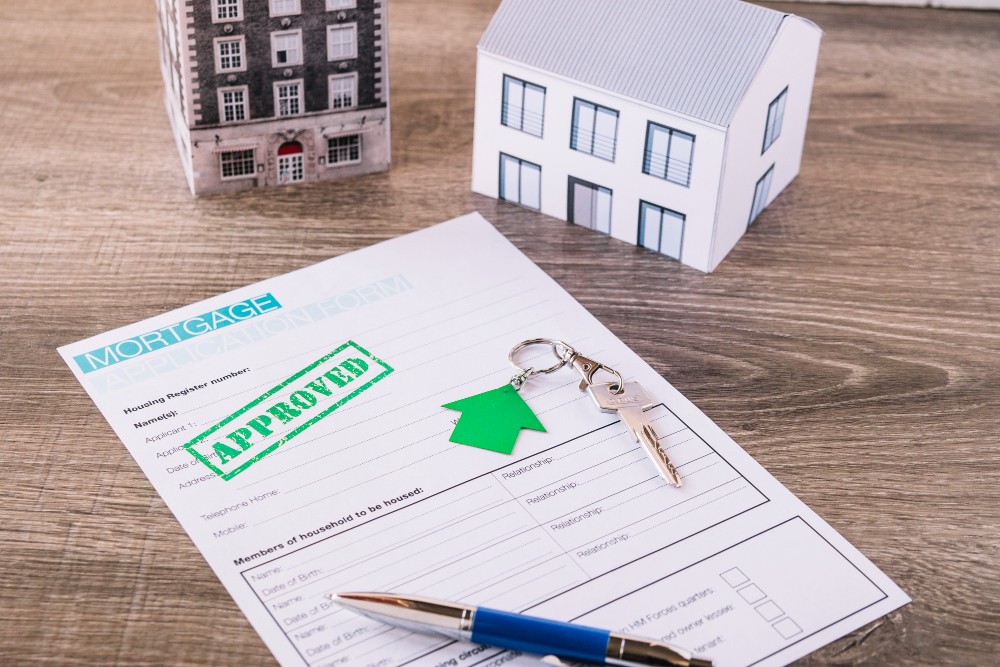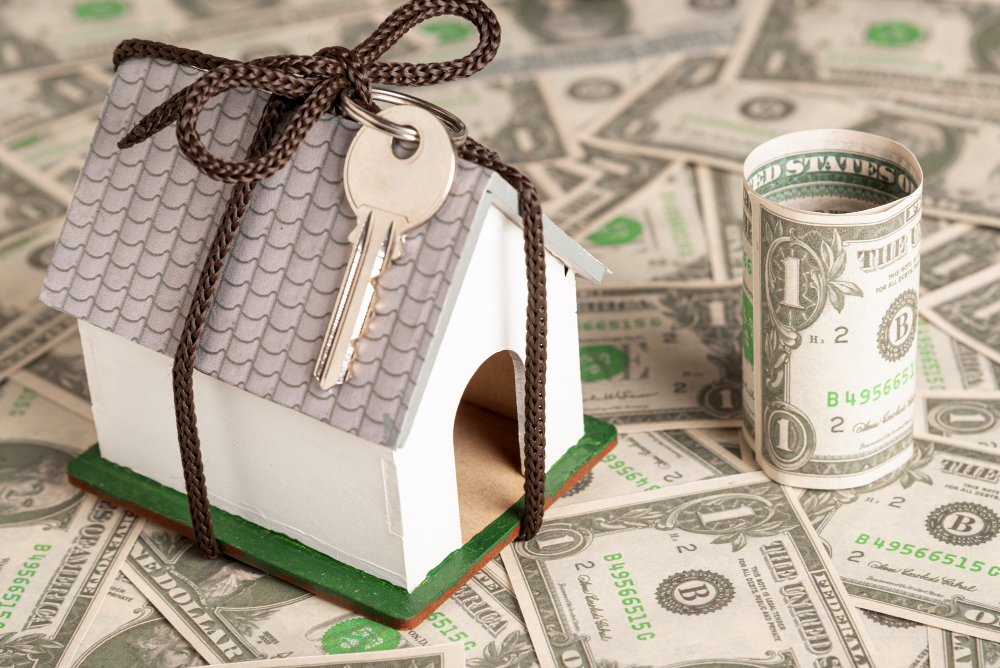Home insurance is essential for protecting your most valuable asset: your home. However, the cost of home insurance can add a significant expense to your budget. Fortunately, there are several strategies you can employ to reduce your premiums without sacrificing the coverage you need. In this comprehensive guide, we’ll explore insider tips and expert advice to help you save money on home insurance.
Understanding Home Insurance
What Is Home Insurance?
Home insurance, also known as homeowners insurance, is a type of property insurance that covers losses and damages to an individual’s house and assets in the home. It also provides liability coverage against accidents in the home or on the property.
Types of Coverage
Home insurance policies typically include several types of coverage:
- Dwelling Coverage: Covers the structure of the home.
- Personal Property Coverage: Covers personal belongings inside the home.
- Liability Protection: Covers legal responsibility for injuries or property damage.
- Additional Living Expenses (ALE): Covers the cost of living elsewhere if the home is uninhabitable due to a covered loss.
Factors Influencing Home Insurance Premiums
Before diving into tips on lowering your premiums, it’s important to understand what factors influence the cost of your home insurance:
- Location: Areas prone to natural disasters or high crime rates generally have higher premiums.
- Home Value and Construction: The cost to rebuild your home and the materials used can affect premiums.
- Coverage Amount: Higher coverage limits and lower deductibles increase premiums.
- Claims History: A history of frequent claims can lead to higher rates.
- Credit Score: Insurers often use credit scores to assess risk, with higher scores generally resulting in lower premiums.
Insider Tips to Lower Your Home Insurance Premiums
1. Shop Around for the Best Rates
One of the most effective ways to save on home insurance is to compare quotes from multiple insurers. Prices can vary significantly from one company to another, so it’s worth taking the time to get several quotes.
2. Bundle Your Policies
Many insurance companies offer discounts if you bundle your home insurance with other policies, such as auto or life insurance. Bundling can save you a considerable amount of money.
3. Increase Your Deductible
The deductible is the amount you pay out of pocket before your insurance kicks in. By choosing a higher deductible, you can lower your premium. However, make sure you can afford the deductible in case you need to file a claim.
4. Improve Home Security
Installing security systems, smoke detectors, and deadbolt locks can reduce the risk of theft and damage, which in turn can lower your premiums. Many insurers offer discounts for homes with enhanced security features.
5. Maintain a Good Credit Score
As mentioned earlier, your credit score can impact your insurance rates. Maintaining a good credit score by paying bills on time and managing debt effectively can help you secure lower premiums.
6. Make Home Improvements
Upgrading your home to be more disaster-resistant can lower your insurance costs. This includes installing storm shutters, reinforcing the roof, and updating old plumbing or electrical systems.
7. Ask About Discounts
Insurance companies offer various discounts that you might not be aware of. Ask your insurer about discounts for being a loyal customer, being claim-free, or even for being a non-smoker.
8. Review Your Coverage Annually
Your insurance needs can change over time. Reviewing your policy annually and adjusting your coverage as necessary can ensure you’re not paying for more coverage than you need.
9. Avoid Small Claims
Filing small claims can lead to higher premiums. If the damage is minor, consider paying out of pocket instead of filing a claim.
10. Stay with the Same Insurer
Some companies offer discounts for long-term customers. If you’ve been with your insurer for a few years, ask about loyalty discounts.
Strategies to Save on Home Insurance
Evaluate the Rebuilding Cost
Ensure your coverage is based on the cost to rebuild your home, not its market value. The market value includes the land, which isn’t at risk from perils covered by home insurance.
Update Your Home Inventory
Keep an updated inventory of your personal belongings. This can help ensure you have enough coverage and can also speed up the claims process if you need to file one.
Consider Actual Cash Value vs. Replacement Cost
When choosing personal property coverage, consider whether you want actual cash value (ACV) or replacement cost coverage. ACV pays for what your belongings are worth at the time of the claim, while replacement cost pays to replace them at current prices. ACV coverage is typically cheaper.
Take Advantage of Group Discounts
Some insurers offer discounts to members of certain professional organizations or alumni associations. Check if you qualify for any group discounts.
Secure Your Home Against Natural Disasters
In addition to home improvements, consider specific measures to protect against natural disasters common in your area. For example, elevate your home in flood-prone areas or retrofit it to withstand earthquakes.
Opt for a Long-Term Policy
Some insurers offer discounts if you commit to a longer policy term, such as three or five years. This can lock in your rate and provide savings over the life of the policy.
Maintain Continuous Coverage
Gaps in your insurance coverage can lead to higher premiums when you resume coverage. Maintain continuous coverage to avoid penalties.
Avoid Coverage Overlaps
Ensure you’re not paying for duplicate coverage. For example, if you have a comprehensive auto insurance policy, you may not need as much personal property coverage.
Pay Your Premium Annually
Some insurers charge extra fees if you pay your premium monthly. Paying annually can often save you money.
Common Home Insurance Mistakes to Avoid
Underinsuring Your Home
One of the biggest mistakes homeowners make is not having enough coverage. Ensure your policy covers the full cost to rebuild your home and replace your belongings.
Ignoring Exclusions
Every policy has exclusions, which are specific scenarios where coverage is not provided. Make sure you understand what is excluded from your policy to avoid surprises during a claim.
Overlooking Flood and Earthquake Insurance
Standard home insurance policies typically do not cover floods and earthquakes. If you live in an area prone to these disasters, consider purchasing additional coverage.
Not Updating Your Policy
Significant life changes, such as renovations or purchasing expensive items, can affect your coverage needs. Update your policy to reflect these changes.
Focusing Solely on Price
While it’s important to save money, don’t choose a policy based solely on price. Ensure you’re getting adequate coverage from a reputable insurer.
Conclusion
Saving money on home insurance requires a combination of savvy shopping, taking advantage of discounts, and making strategic improvements to your home. By following the tips outlined in this guide, you can reduce your premiums while ensuring you have the coverage you need to protect your home and belongings. Regularly reviewing your policy and staying informed about ways to save can help you keep your insurance costs down over time.


















